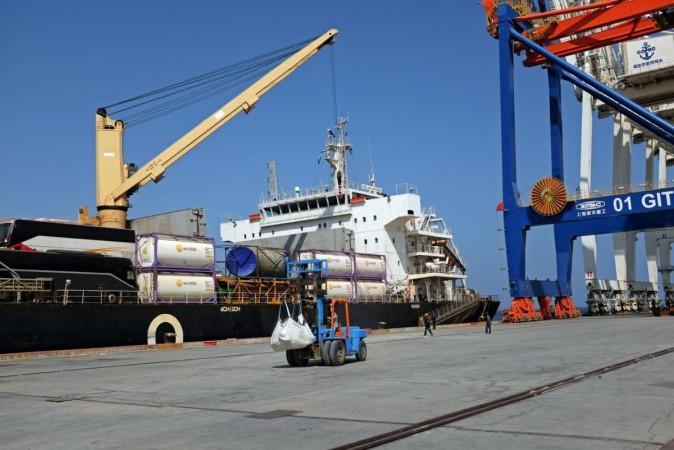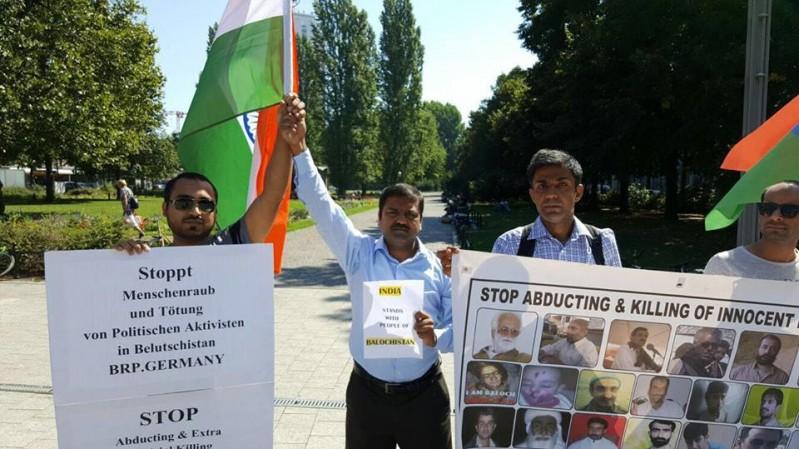
The daring attack on Chinese consulate in Karachi on Friday, carried out by Baloch separatists, will pose the biggest ever challenge to the ambitious economic cooperation agenda chalked out by the two countries.
The $62 billion China-Pakistan Economic Corridor (CPEC), which runs through the heart of Balochistan, Pakistan's poorest province, has faced stiff resistance from the Baloch people. China's project team in the province has even faced occasional low-intensity attacks in the past.
However, Friday's suicide attack against the consulate in Karachi, which claimed the lives of two policemen, will escalate the tenuous security situation on the ground to a new level. With more security concerns piling in on the Chinese, the newly elected government headed by Imran Khan will also come under pressure.
China has had concerns about the worsening security scenario in the region, even as Imran Khan is warming up to the big neighbour, and seeking financial succour for his debt-laden country.
Friday's attack, which has been claimed by the Baloch Liberation Army (BLA), will also bring greater focus on the Baloch nationalism and calls for separation from Pakistan.
The people of Balochistan have long held the grouse that the region's mineral wealth is exploited by the state, and worse off, being delivered to China on a platter.
The BLA said its suicide bombers carried out the consulate attack on Friday. "There were three suicide attackers ... They stormed the Chinese embassy in Karachi. China is exploiting our resources," BLA spokesman Jiand Baloch said, according to UK's Guardian newspaper.
One of their tweets claiming the attack read: "Karachi: FIdayeen of BLA attacked the Chinese embassy in Karachi."
A worsening of Security situation in Balochistan will make it harder for China to go ahead with the massive multi-billion dollar project in Pakistan.
In July, the International Crisis Group (ICG) said in a report that the Balochs were increasingly rankled by the stifling military presence and the dwindling employment opportunities in the region.

The Gwadar port, the most important cog in the Pak-China corridor mechanism, is in Balochistan, which is infested with raging insurgency. This key maritime asset gives China an alternative sea route and access to Arabian Sea through which it can reach its export markets faster. CPEC connects Gwadar to Kashgar in China's westernmost region, Xinjiang.
Earlier this year, the Financial Times had reported that China has been in talks with Baloch militants for more than five years to protect its assets and the men involved in the CPEC project.
"China had been in direct contact with militants in the south-western province, where many of the scheme's most important projects are located," sources told the Financial Times in February.
The immediate assumption to be drawn from Friday's attack is that China's hobnobbing with the Balochistan separatists -- a part of its tried and tested 'commercial diplomacy' -- may have failed.
So, what is the future course for China? Will it cave in to security concerns, or fight back? However, a fightback could drag China into the quicksands of the complex Baloch question.









